It seems there comes a time in every band’s career when it feels obliged to try something different; to put its ear to the ground and come out with the music it presumes is popular with people who weren’t even listening to its music in the first place. Perhaps unsure of what to do with its success in the U.S. charts, Muse seems to be at that point. Having already long-since eschewed the mix of grit and space rock that ushered in its first wave of domestic popularity, the band half-heartedly gave up the pseudo-symphonics of its last two albums to offer us a taste of the music its members think we like these days with its newest album, “The 2nd Law.”
The first group-chorus hums of “Madness” wheeze an overproduced echo reminiscent of either legitimate ’70s funk or the backing tracks of contemporary R&B hits. Muse tries this a number of times in “The 2nd Law,” most impressively during “Big Freeze,” where lead singer and guitarist Matt Bellamy tries his hand at Eddie Hazel-style of playing the guitar. The band also throws in a few heavy, dance-floor drumbeats in songs like “Panic Station.”
However, when Muse dips back for its Grammy-certified sound, it dips back hard, trying to recapture its past success. Of course, having its own prelude makes the Olympic anthem “Survival” no less pretentiously awful. Even the most obnoxious self-parody cannot get much worse than “I’ll light the fuse/And I’ll never lose.” “Supremacy,” which opens the album with a dirty, Queens of the Stone Age-style riff, eventually descends into a contest of grandeur between Bellamy’s vocals and uplifting brass. Even though Bellamy has namedropped dubstep in reference to the album’s new sound, he waited until the finale to offer anything remotely post-’80s electronic. He decides to drop the bass, in a manner of speaking, over a sample of some worrisome spiel about unsustainable energy trends, which is apparently the theme for the album’s eponymous two-song closer. These songs are neither terribly groundbreaking nor outright terrible. They appear at the end, like a final checkmark on Muse’s list of new sounds it feels obligated to try.
As an album that tries so hard not to muddle through the middle of Muse’s own road, “The 2nd Law” succeeds in not being as bad as it could be. It will neither drive away its fanbase, nor bring back those who fled after “Black Holes and Revelations.” For now, at least, the energy seems pretty sustainable.
A version of this article appeared in the Tuesday, Oct. 2 print edition. Andrew Karpan is a contributing writer. Email him at [email protected].






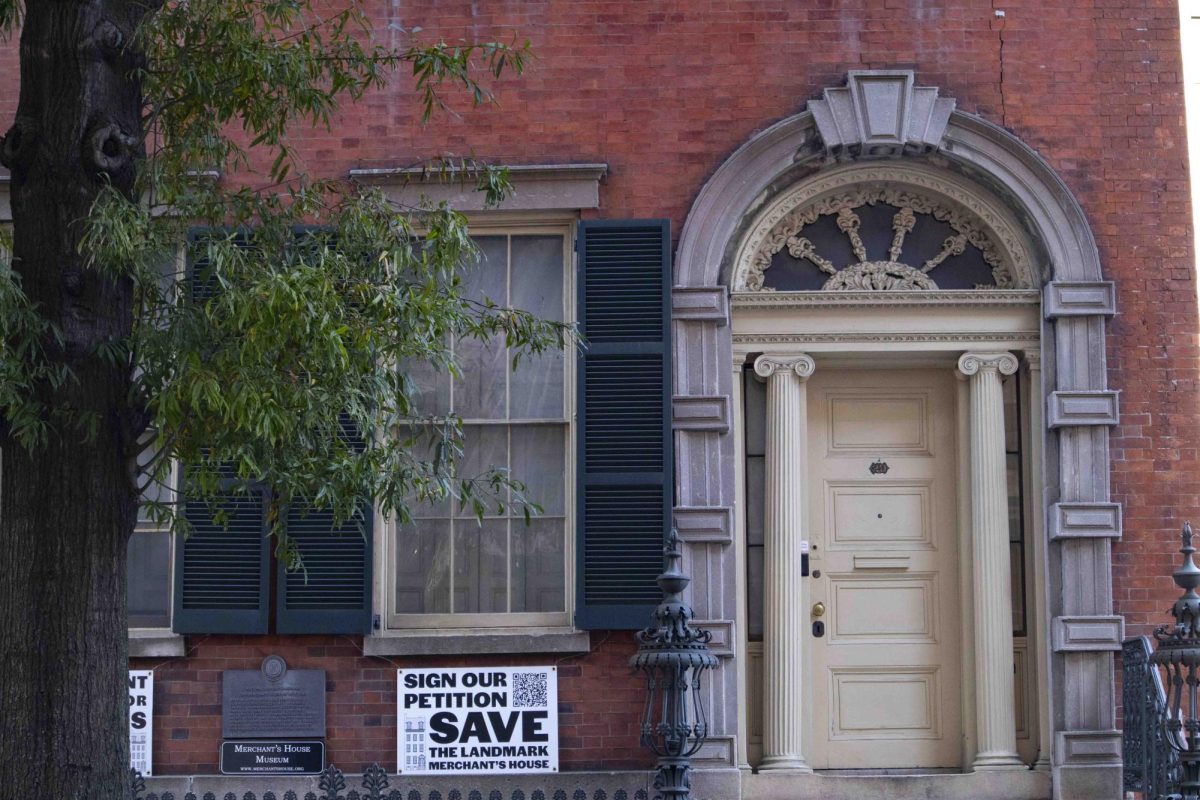



































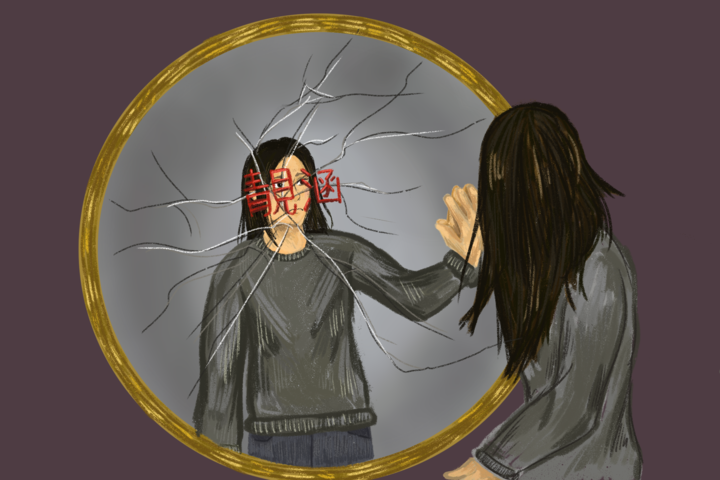

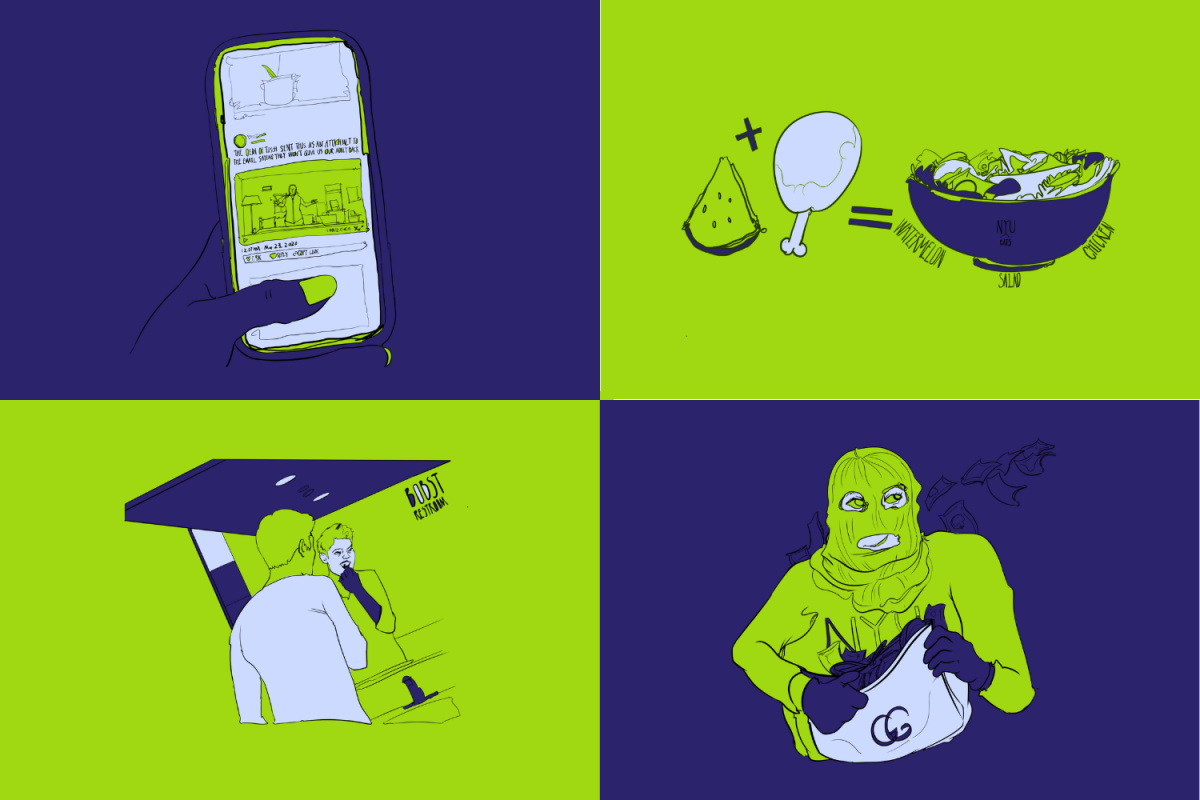

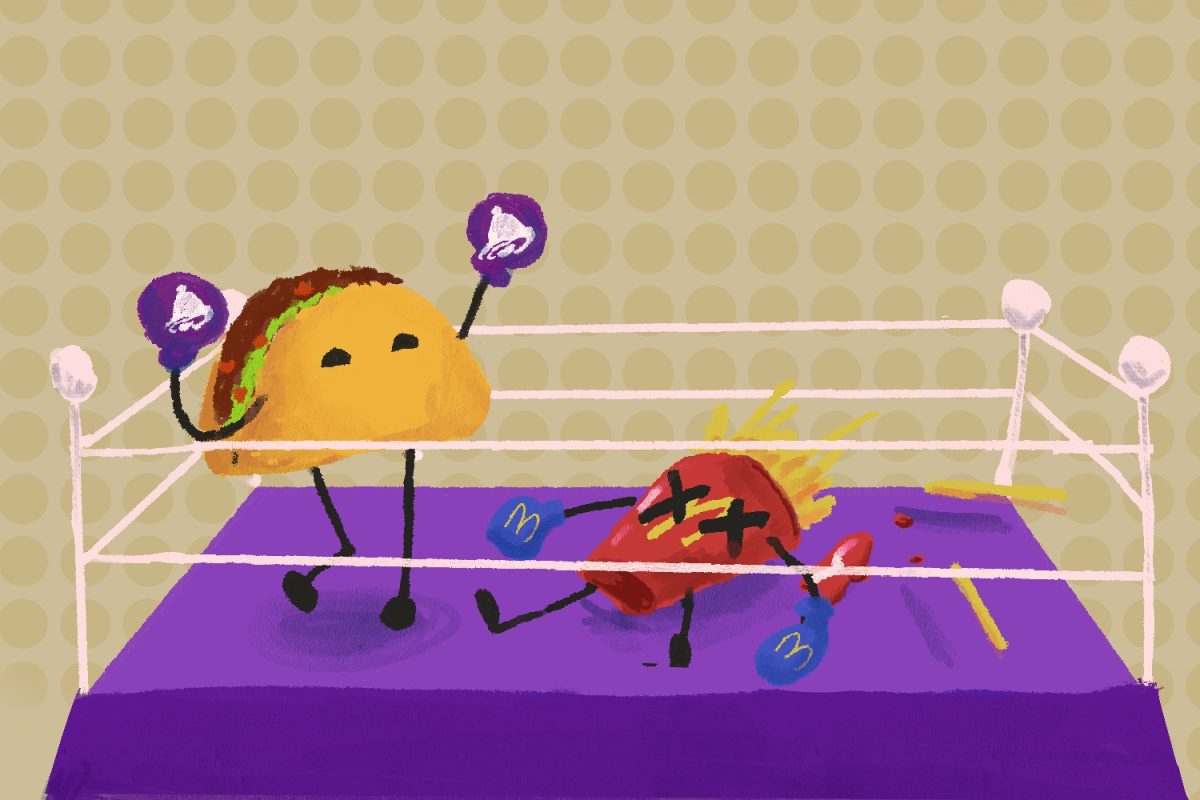
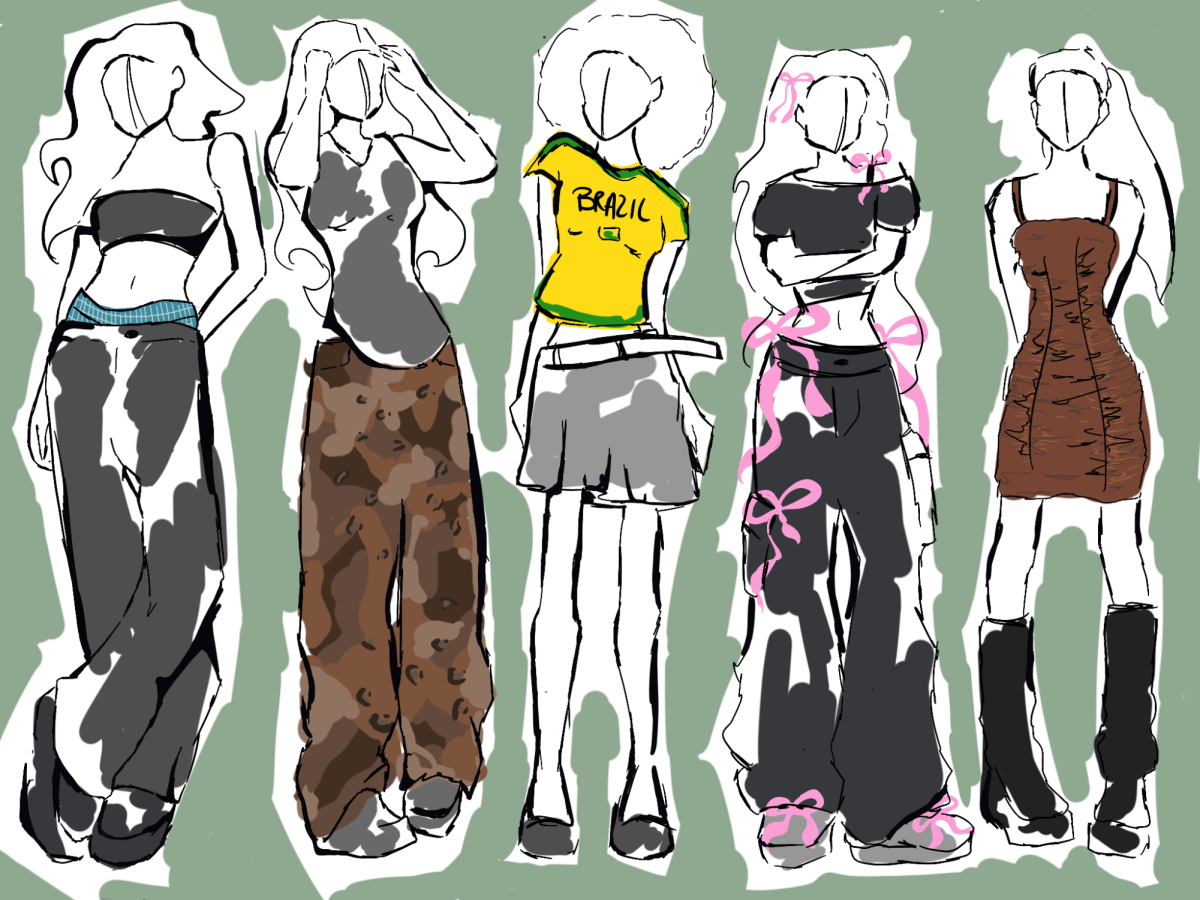







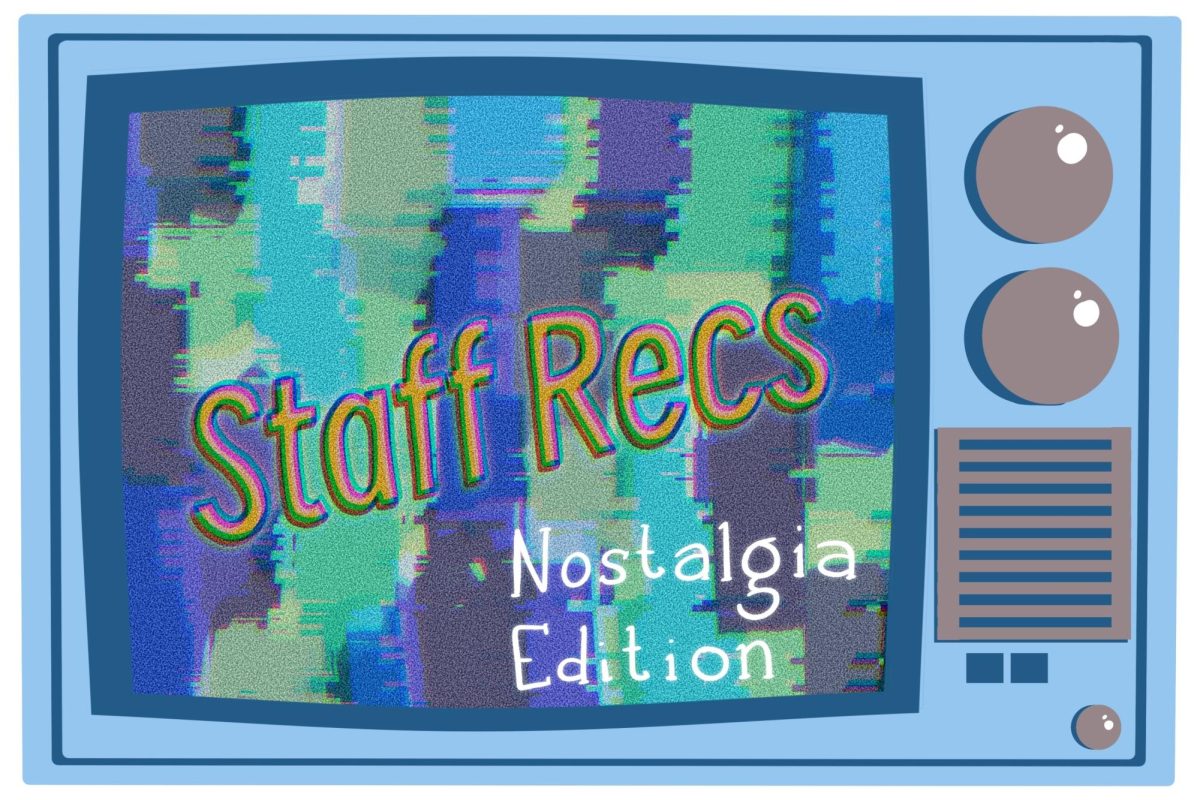




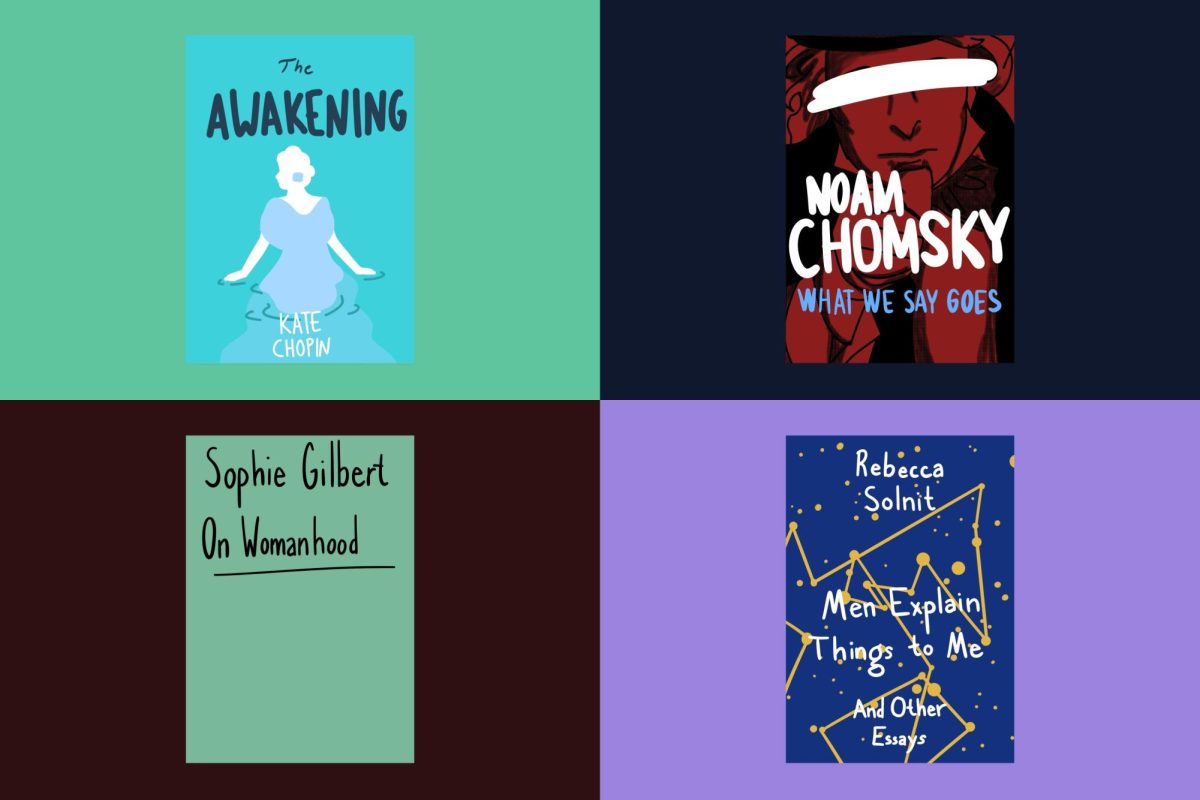



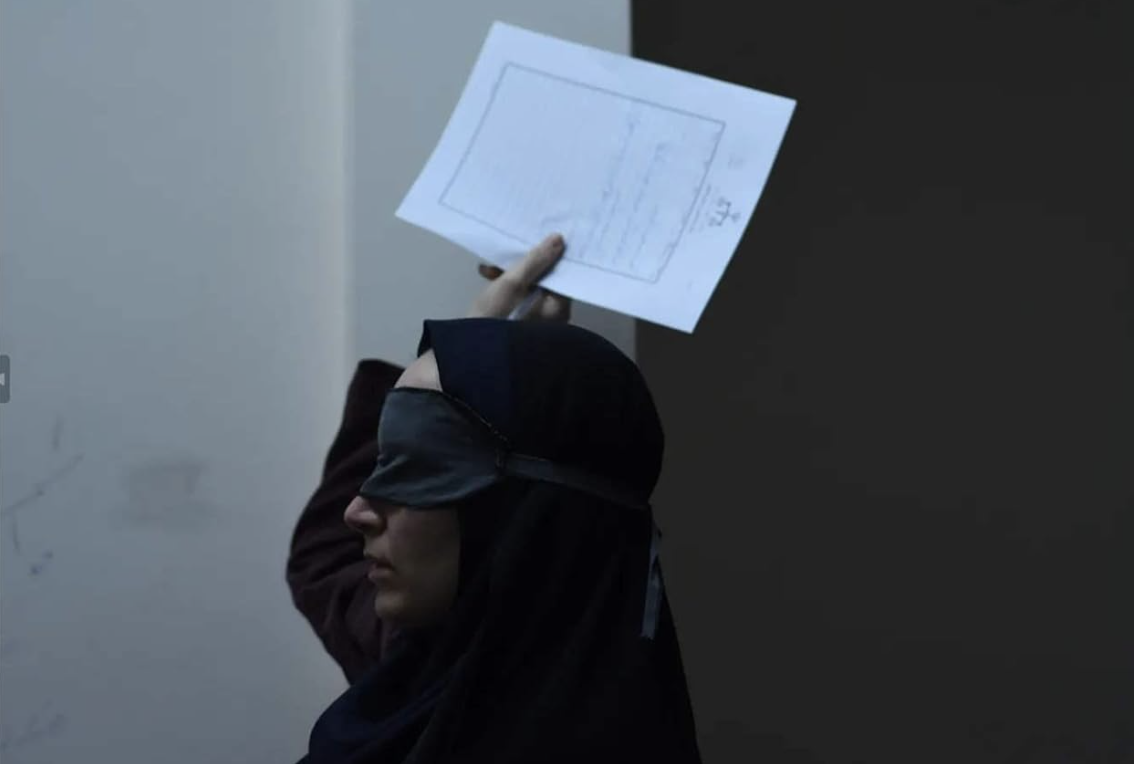


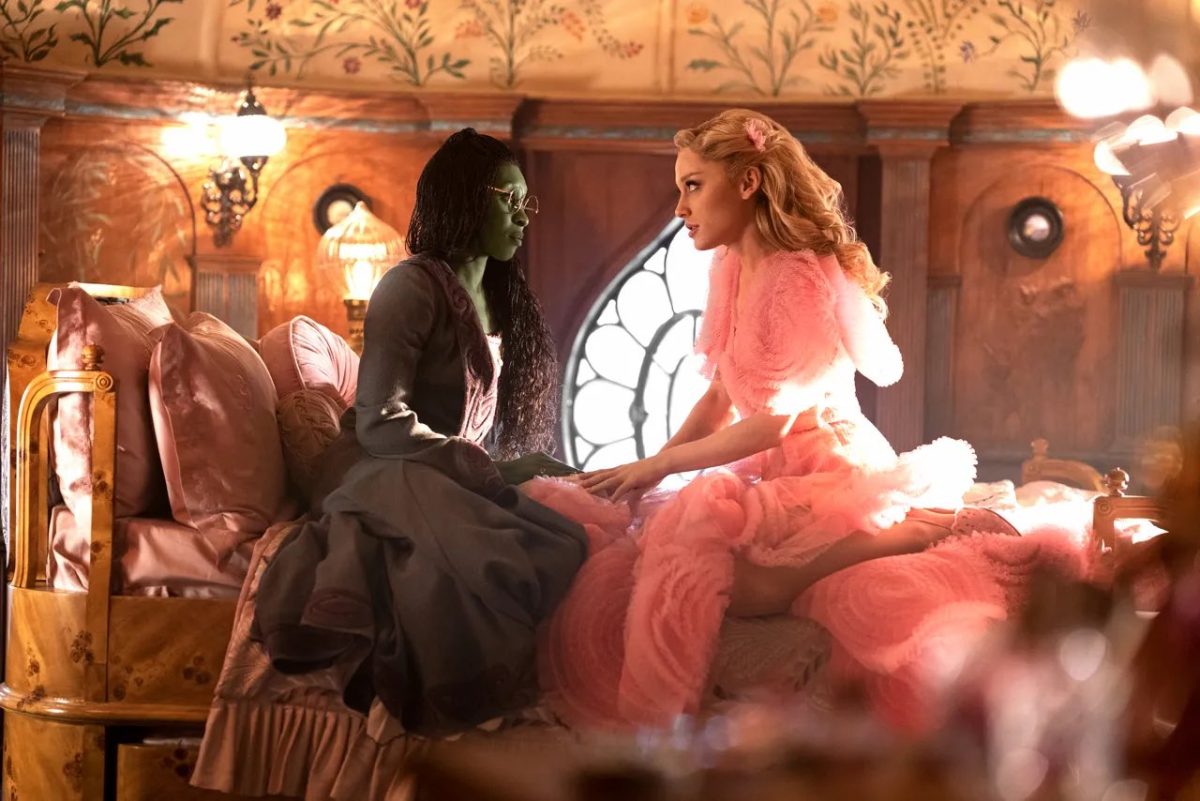








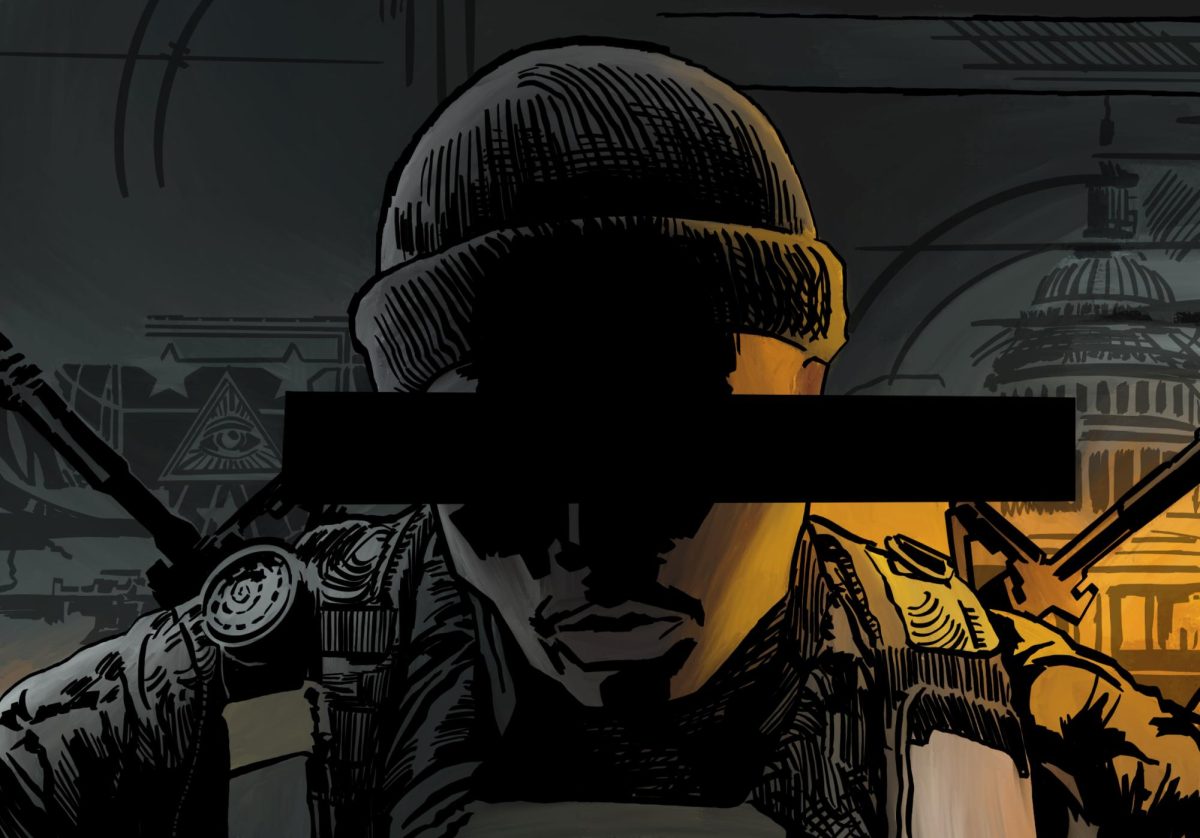
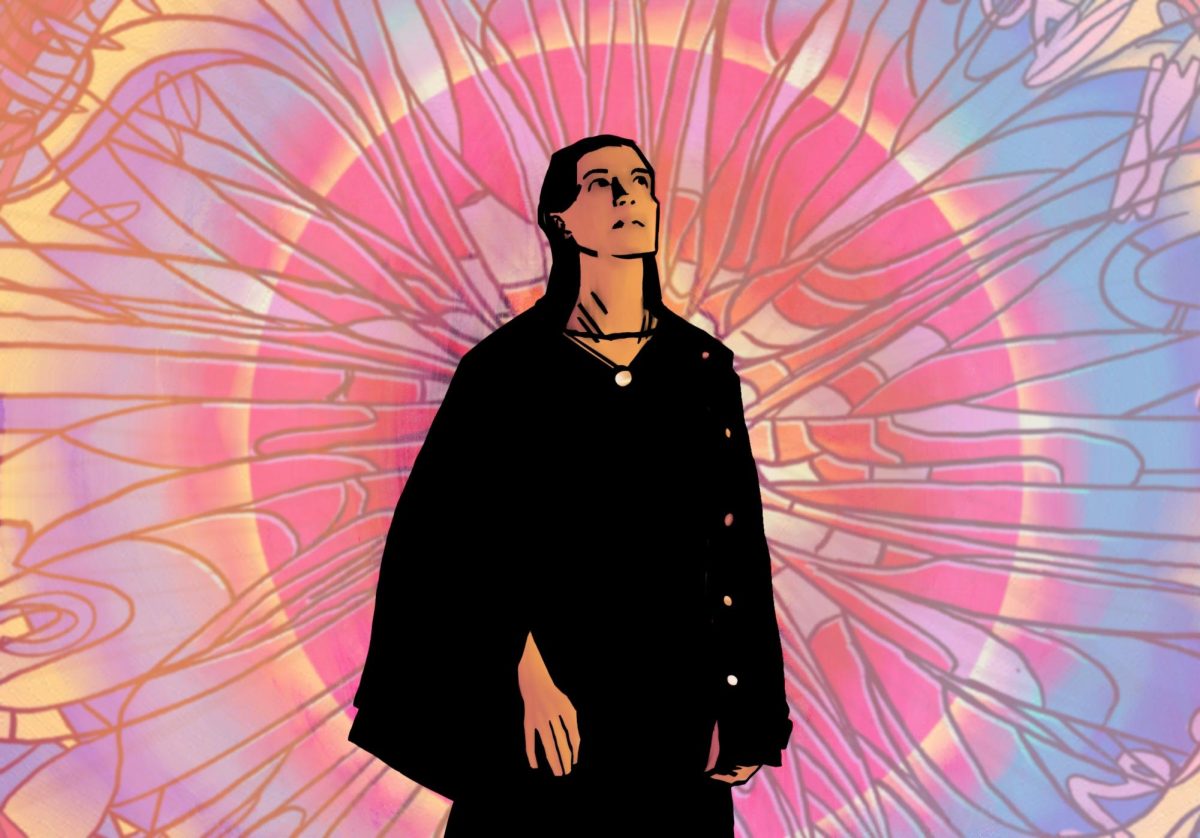




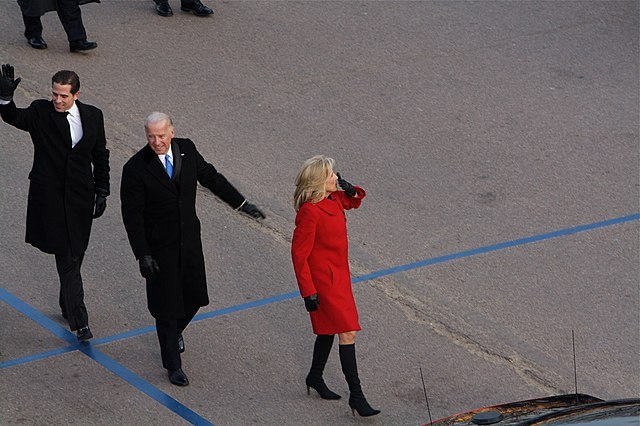

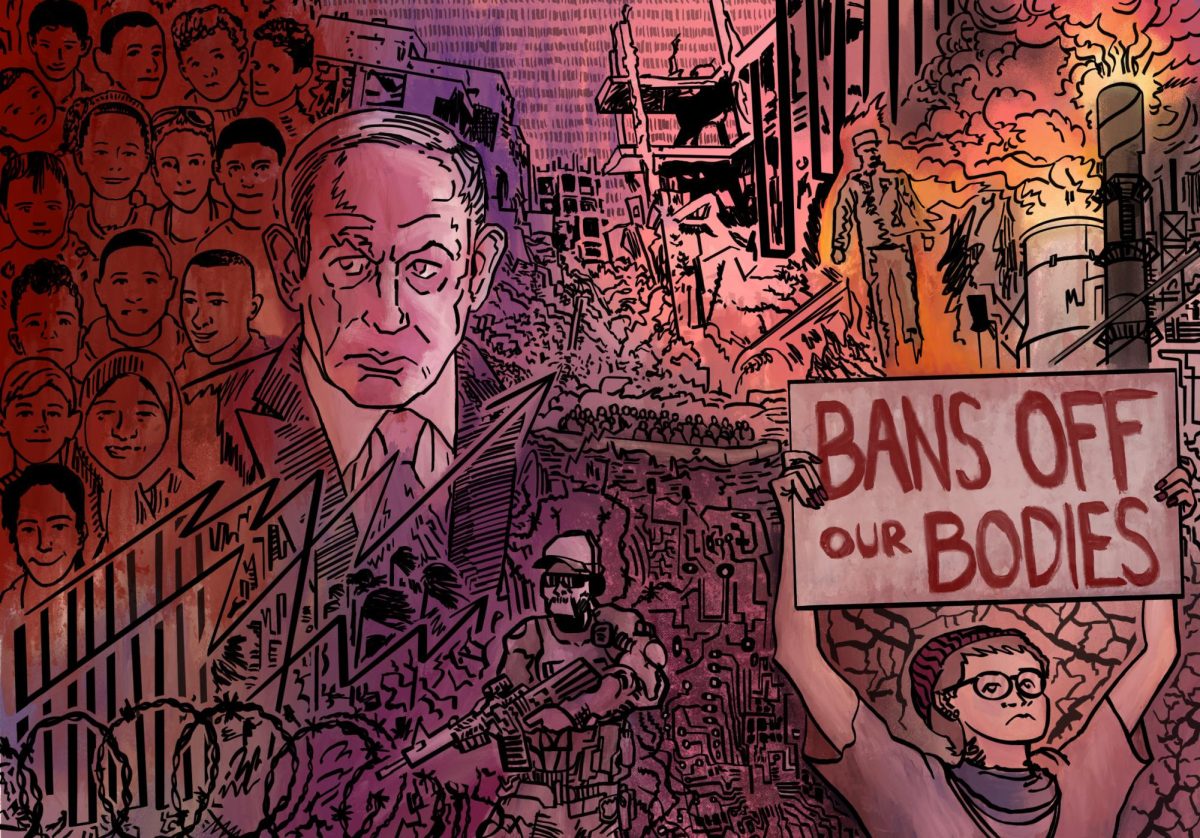






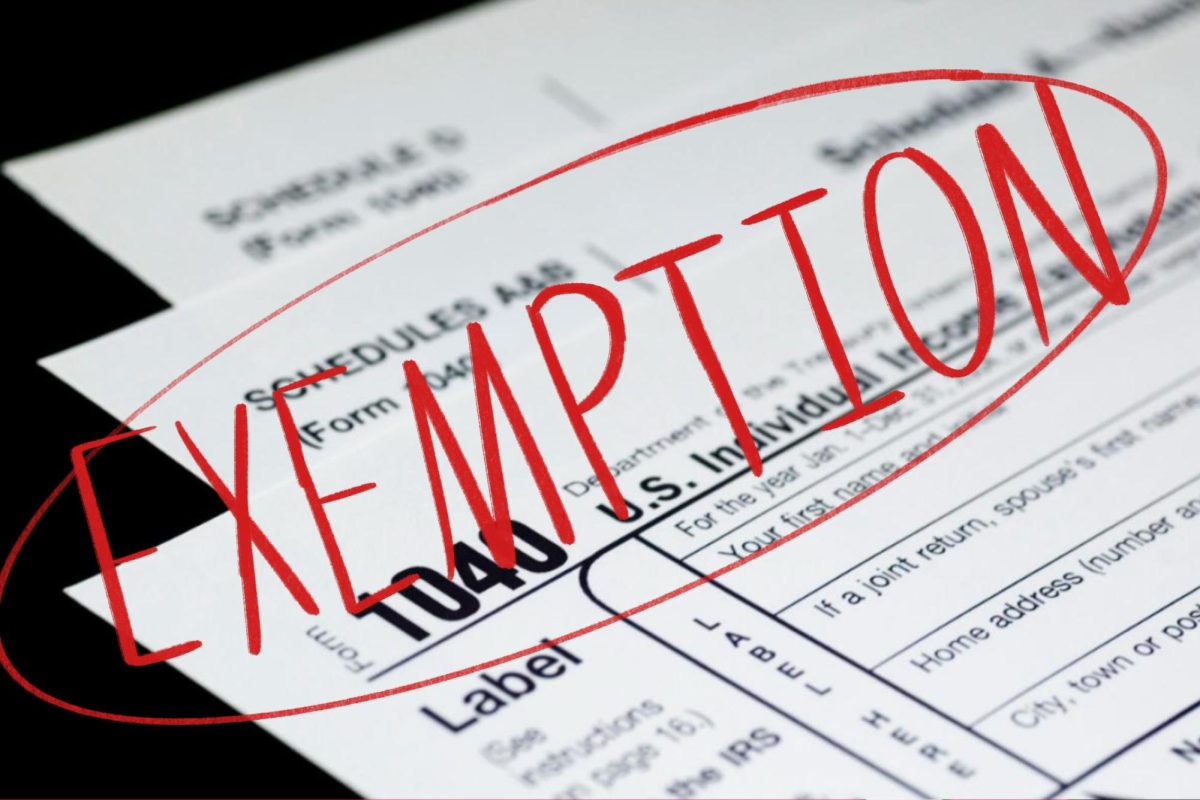
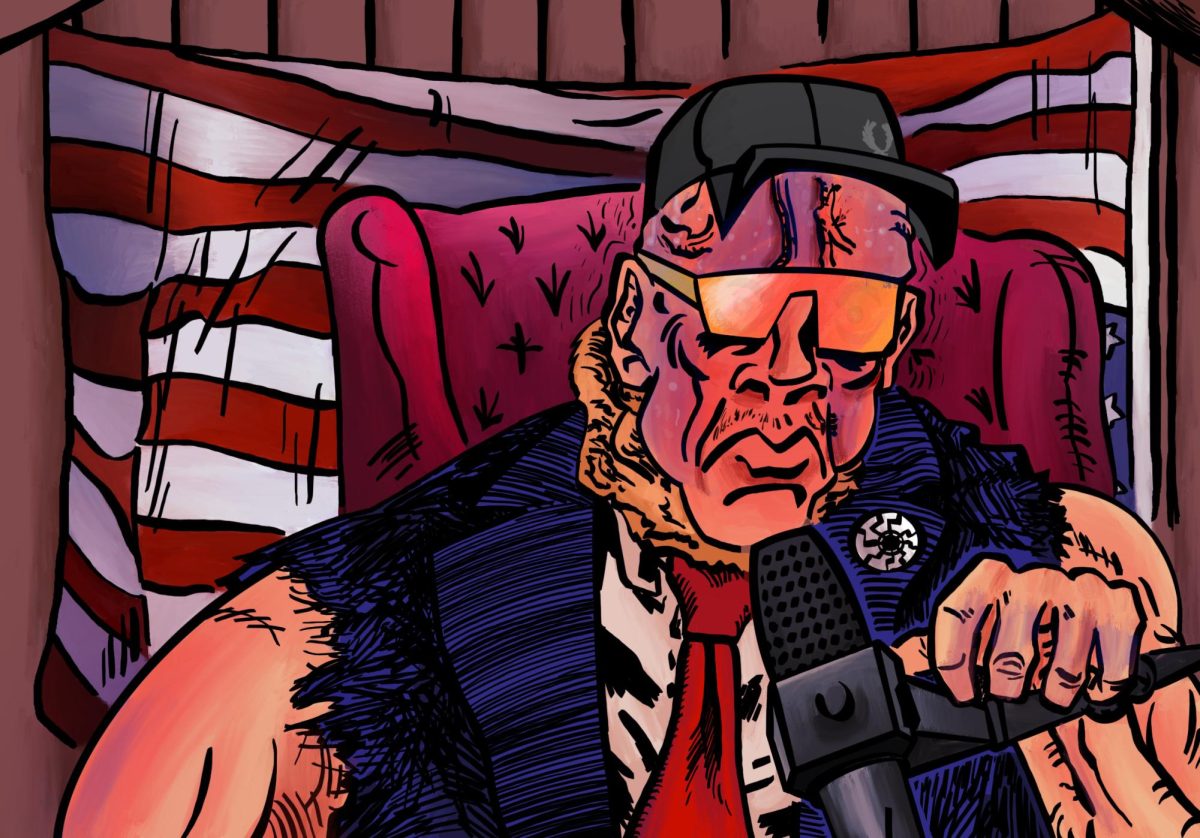




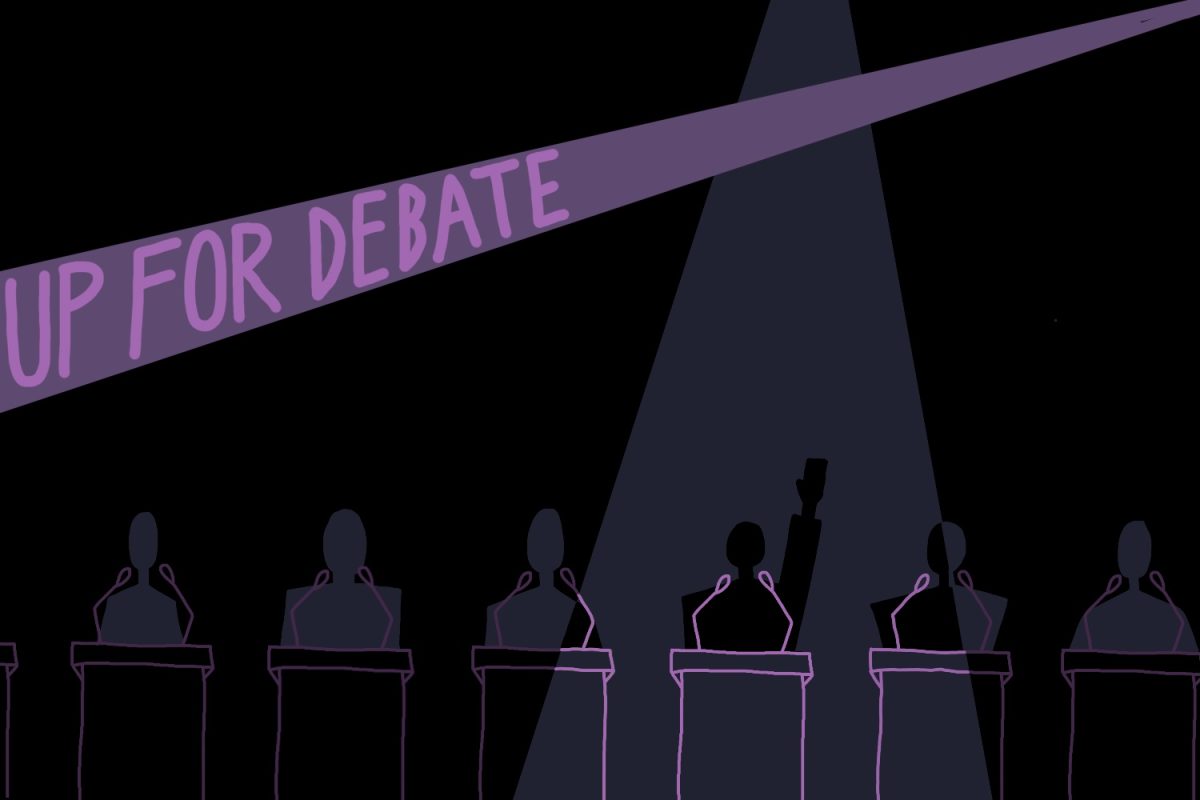
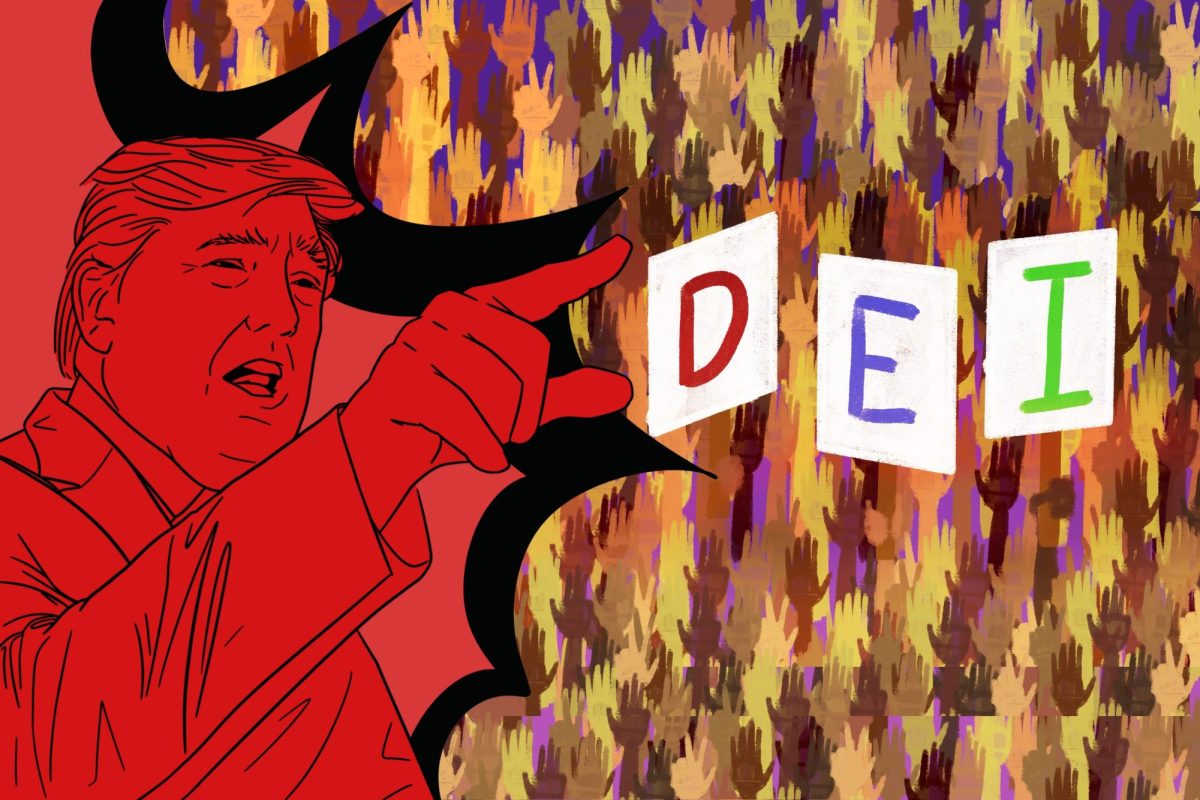











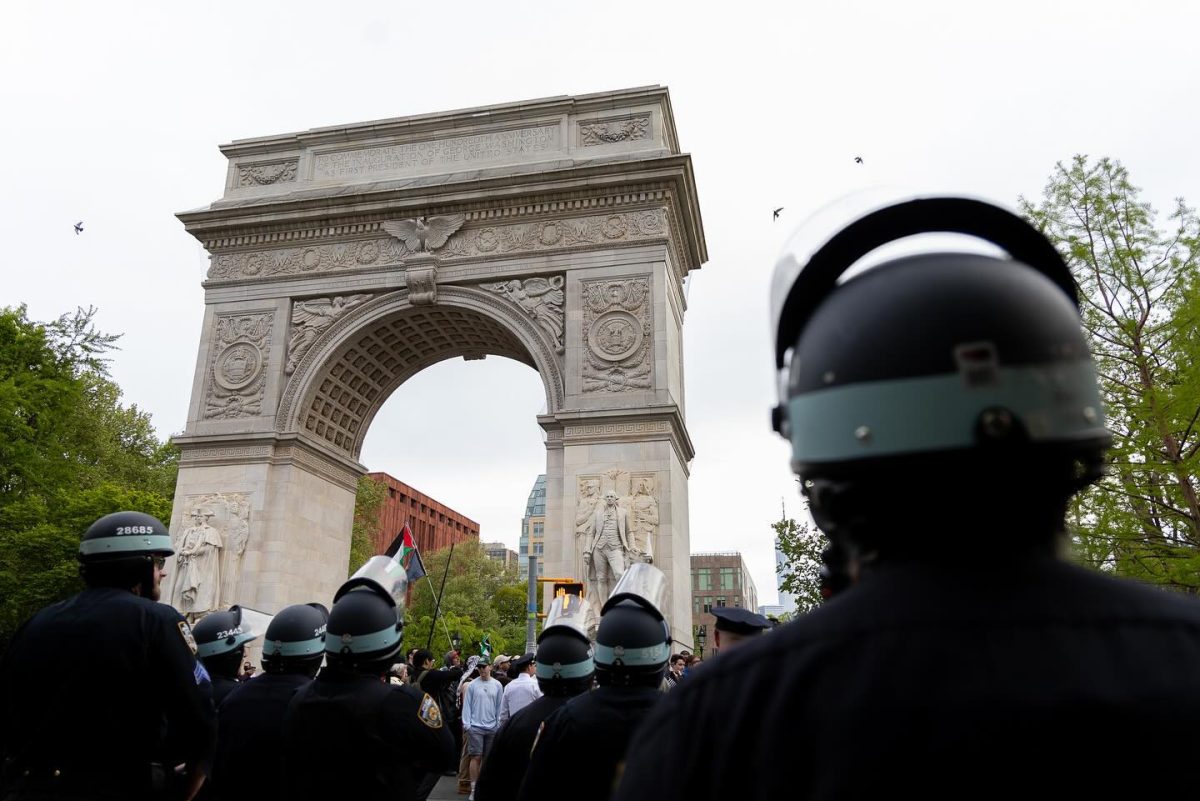




























NA • Feb 20, 2013 at 7:33 pm
I cannot believe they let you write and represent any publication; print or internet. It sounds like you are not only unfamiliar to this band but its history of evolving style. This is even more apparent when you see them in a live show. Hate to give you a/ first comment, but it must eventually be addressed your lack of knowledge of the band. You may have musical knowledge, but if you gather your info by comparing musicians, it’s obvious you forgot their sound is recognizable planets from afar.